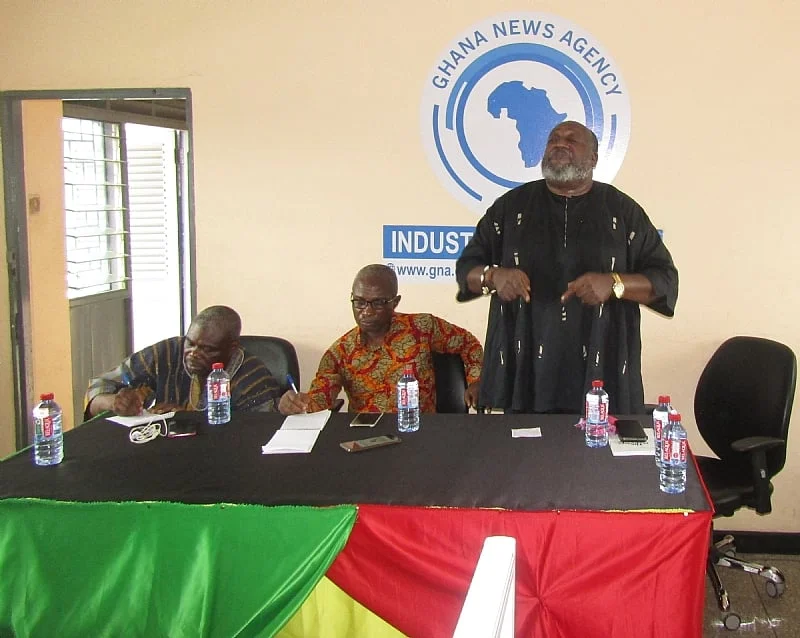On March 14, 2022, Dr. Chris Kpodar, CEO of Solomon Investments Ghana Limited and Chief Technical Advisor at the Center for Greater Impact Africa (CGIA), stated at a Ghana News Agency (GNA) forum in Tema that Ghana’s strong economic fundamentals could still be undermined by exchange rate pressures due to dollarization in international trade, per. Referencing Vice President Dr. Mahamudu Bawumia’s remark that weak fundamentals are exposed by exchange rates, Kpodar noted, “A country could have strong fundamentals and still experience an increase in its exchange rate against foreign currencies,” per. He attributed this to the global reliance on the US dollar, which causes the Ghanaian cedi to depreciate when converted for imports, per.
Impact of Dollarization on the Cedi
Kpodar explained that Ghana’s trade imbalance—high imports versus low exports—exacerbates cedi depreciation, as the country must convert cedis to dollars for international trade, per. “Your fundamentals of the economy can be correct but because of the dollarization… your exchange rate can still expose you,” he said, likening the issue to a systemic “cancer” that destabilizes economic parameters like GDP, per. Ghana’s export of raw materials, such as cocoa, earns insufficient dollars, leading to depleted reserves and a cedi value projected to hit GHS8 per US dollar by March 16, 2022, per. This aligns with a 14% cedi depreciation in early 2022, per.
AI as a Tool for Economic Stabilization
As a global AI specialist, Kpodar proposed that artificial intelligence could stabilize the cedi at two levels: e-currency and e-systems, per. He suggested that digital currencies could eliminate the need for currency conversion, stating, “The moment I send the unit value it’s the same I get… the lack of need for compensation make it easy,” reducing transaction costs and exchange rate losses, per. AI-driven systems could also optimize trade processes, enhancing efficiency, per. This aligns with initiatives like PayAngel’s fintech innovations, which reduce remittance costs for Africans, per.
Policy Recommendations and Broader Context
Kpodar urged Ghana to leverage AI to diversify exports and reduce reliance on raw material sales, per. He noted that the Bank of Ghana’s interest rate adjustments offer limited relief, per. The GNA’s Tema Regional Manager, Francis Ameyibor, praised CGIA’s bipartisan approach and called for economic think tanks and academia to contribute to national development, urging politicians to heed professional advice, per. Ghana’s economic challenges, including an 80.1% debt-to-GDP ratio and 13.9% inflation in February 2022, per, underscore the need for innovative solutions like AI to support sustainable development.
Forum Details and Stakeholders
The forum, themed “Artificial Intelligence and Sustainable Development,” was attended by Rev. Dr. Samuel Worlanyo Mensah (CGIA Executive Director), Mohammed Malik (CGIA Technical Advisor), Percy Opata (CGIA Corporate Secretary), Samuel Akoetey (CGIA Head of Business Development), and Frank Ofoe Zotorvi (CGIA Head of Legal Affairs), per. The discussion highlighted AI’s potential to address economic vulnerabilities, aligning with Ghana’s efforts to boost trade under the African Continental Free Trade Area (AfCFTA) and initiatives like USAID’s $4.2 million co-investments.






